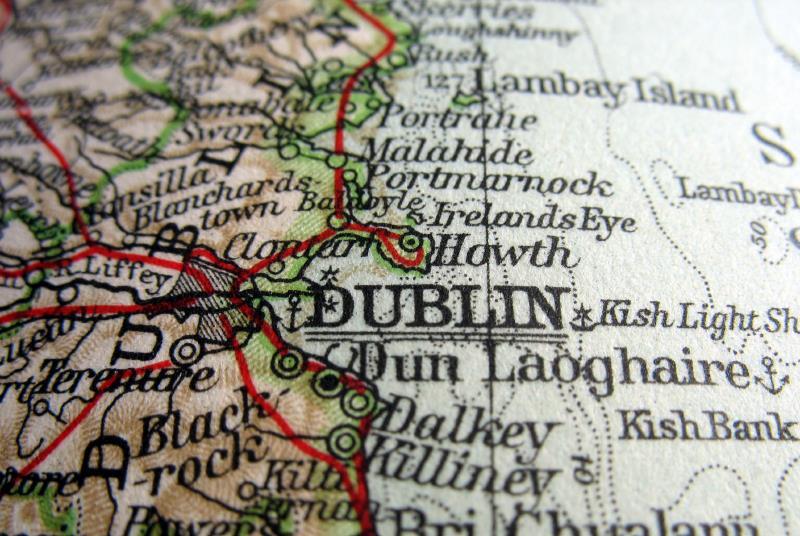Key Takeaways:
Surviving the Scorching Summers in India’s Capital
The summer months in India’s capital, New Delhi, unleash scorching heat that tests the resilience of its residents. The rising temperatures grip the city in a suffocating embrace, unveiling a tragic reality beyond what meets the eye. In this article, we delve into the challenges faced by Delhi residents and explore effective strategies for surviving the searing heat.
The Perilous Conditions of Delhi’s Summers
Delhi’s extreme heat is a result of various factors, including its geographical location, limited green spaces, and excessive urbanization. The scorching sun beats down relentlessly, taking a toll on both humans and the environment. With temperatures surpassing 45 degrees Celsius (113 degrees Fahrenheit), the city becomes a furnace, putting the lives of its population at risk.
One of the most pressing issues exacerbated by the intense heat is the inadequate infrastructure. Power outages, often prolonged, deprive residents of relief from sweltering temperatures. The lack of efficient air conditioning and cooling systems exposes vulnerable populations, such as the elderly and children, to heat-related ailments.
The Tragic Reality of Inadequate Amenities
The heat wave in Delhi further magnifies the tragic reality of limited access to essential amenities. Clean and safe drinking water, an absolute necessity in scorching summers, eludes a significant portion of the population. Public parks and shaded areas are scarce, denying residents the opportunity to find respite from the sweltering heat.
For those with limited means, the urge to make do with subpar fan or cooler systems rather than air conditioning is a harsh reality. Financial constraints prevent them from taking refuge in cooler environments, making the unbearable heat even more challenging to endure.
Effective Strategies to Survive the Sweltering Heat
To survive the searing heat in Delhi, awareness, adaptation, and mitigation techniques play a pivotal role. By implementing the following strategies, residents can mitigate the adverse effects of the heat wave:
1. Stay Hydrated and Well-nourished
Inadequate hydration can lead to severe health complications, especially during the scorching summers. It is crucial to consume sufficient quantities of water and electrolyte-rich fluids to ensure hydration. Additionally, consuming a well-balanced diet comprising fruits and vegetables can provide essential vitamins and minerals necessary to combat dehydration.
Reality of Water Scarcity
Despite the importance of hydration, Delhi faces recurring water scarcity issues. Slum areas and low-income neighborhoods are particularly vulnerable to this challenge. The government must prioritize the supply of clean water to all residents, especially during the hot summer months.
2. Seek Shelter and Ventilation
Finding and creating shaded areas within living spaces can help beat the heat, even for those without access to air conditioning. When ventilation is limited, using fans or coolers can provide some relief. It is essential to keep windows and doors open during cooler hours for cross ventilation, ensuring a fresh flow of air for a more comfortable living environment.
The Urgent Need for Efficient Ventilation Systems
While fans and coolers help mitigate the heat to some extent, they are not always sufficient. The implementation of cost-effective and energy-efficient ventilation systems in low-income neighborhoods is vital to improve living conditions during the scorching summers.
3. Practice Sun-Safe Behavior
Protecting oneself from harsh sun rays through simple sun-safe practices is an effective way to alleviate the impact of the searing heat. Wearing lightweight, loose-fitting, and light-colored clothing can drastically reduce heat absorption. Additionally, applying sunscreen with a high Sun Protection Factor (SPF) and wearing wide-brimmed hats or using umbrellas can provide essential sun protection.
Raising Awareness on Sun Protection
In a city where sun protection is often neglected, raising awareness, especially among children, is crucial. Educational campaigns, workshops, and the inclusion of sun safety practices in the school curriculum can empower individuals to protect themselves from harmful UV radiation.
Frequently Asked Questions
Conclusion
The searing heat in India’s capital, New Delhi, paints a tragic picture of the city’s realities. Inadequate infrastructure, limited access to amenities, and challenging environmental conditions amplify the struggles faced by residents during the scorching summers. By prioritizing awareness, adaptation, and mitigation strategies, both individuals and authorities can come together to create a safer and more comfortable environment for everyone. It is essential to address the underlying issues surrounding the heat wave and work towards long-term solutions that prioritize the well-being and survival of Delhi’s residents.
Source: insightfullgo.com


